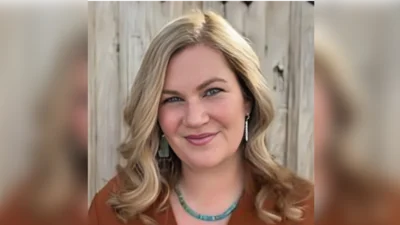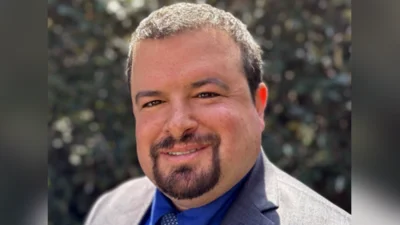Ariana Marmolejo Regional Communications Strategist (West) | Common Cause New Mexico
Expanded early voting in New Mexico's 33 counties is set to begin on October 19, with early polling locations closing on November 2. As the November 5 Election Day nears, officials from the Attorney General and the New Mexico Secretary of State’s office are prepared to address any obstruction or misinformation at polling places and absentee ballot counting stations.
Voters encountering issues can reach out to the non-partisan Common Cause/ACLU hotline at 866-OUR-VOTE or 888-VE-Y-VOTA for Spanish speakers.
New Mexico law guarantees registered voters the right to vote privately without discrimination or intimidation, typically without needing to present photo identification unless they are registering for the first time or have registered by mail for the first time without providing identification. More information on these rights is available at http://www.sos.state.nm.us/voting-and-elections/voter-information-portal/voter-bill-of-rights.
The Secretary of State and Attorney General have cautioned against overly aggressive partisan poll watchers and challengers who might interfere with elections, intimidate voters, or hinder election officials. However, there is a long-standing tradition of legally appointed poll watchers, challengers, and official poll workers.
Poll workers are appointed by County Clerks to ensure balanced party representation. Challengers are appointed by political parties’ County Chairs and must be approved by the Secretary of State. They may challenge a voter's eligibility but cannot interact directly with voters or cause disruptions. Poll watchers are often appointed by election-related organizations like Common Cause or the League of Women Voters and monitor election conduct.
Police officers may be present at polling places upon request from election officials but cannot interfere with voting procedures except to maintain order. A new state law prohibits firearms within specific distances from polling places except for licensed individuals or police officers.
Intimidation tactics such as aggressive behavior, blocking entrances, direct confrontation of voters, disseminating false information, photographing voters to intimidate them, verbal confrontations by persons in uniforms, and threats of violence are prohibited under New Mexico law. The state defines intimidation as a fourth-degree felony aimed at impeding free exercise of voting rights.
This year marks the first election under the NM Native American Voting Rights Act (NAVRA), which aims to improve access for Native American voters with nonstandard USPS addresses.
Incidents can be reported via hotlines: Protect the Vote Hotline at 866-687-8683 (866-OUR-VOTE) or 888-VEY-VOTA for Spanish speakers. These lines are managed by lawyers in cooperation with organizations like ACLU and Lawyers’ Committee for Civil Rights.
State laws classify certain actions as misdemeanors or felonies if they disrupt polling places or interfere with election conduct. Federal laws impose penalties for discrimination against voters based on race or other protected characteristics.
Common Cause continues its mission as a nonpartisan grassroots organization committed to promoting democracy and equal representation in government processes.








